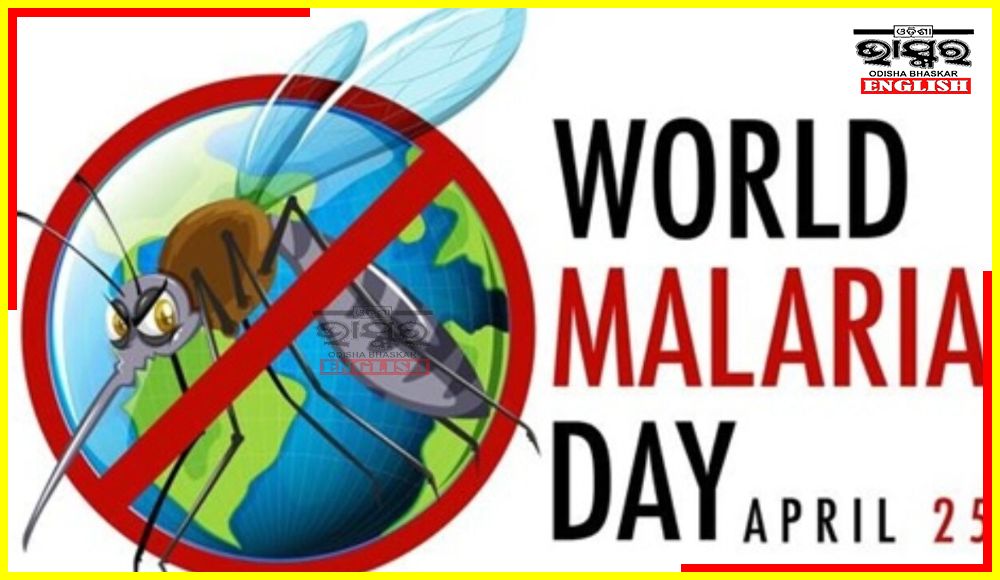World Malaria Day is an international observance held annually on April 25th to raise awareness about the global impact of malaria and to promote efforts to control and eliminate the disease.
Malaria is a life-threatening disease caused by parasites that are transmitted to people through the bites of infected mosquitoes.
According to the World Health Organization (WHO), there were estimated 229 million cases of malaria worldwide in 2019, resulting in 409,000 deaths, with most of the cases and deaths occurring in sub-Saharan Africa.
World Malaria Day was established in 2007 by the World Health Assembly, the governing body of the WHO, to provide a platform for governments, non-governmental organizations, and other stakeholders to showcase their progress in combating malaria and to mobilize support for further action.
Each year, the day has a different theme, which highlights a specific aspect of the global effort to control and eliminate malaria.
In 2023, the World Malaria Day theme is, “Time to deliver zero malaria: invest, innovate, implement”.




Comments are closed.